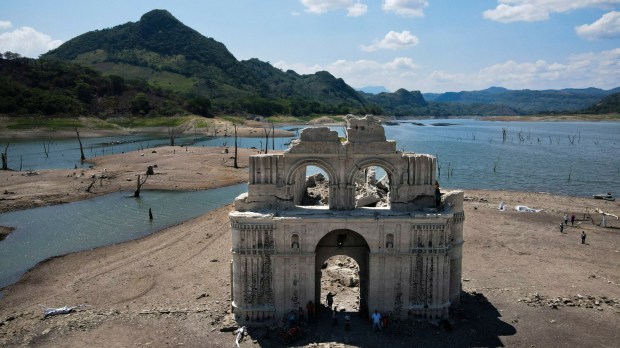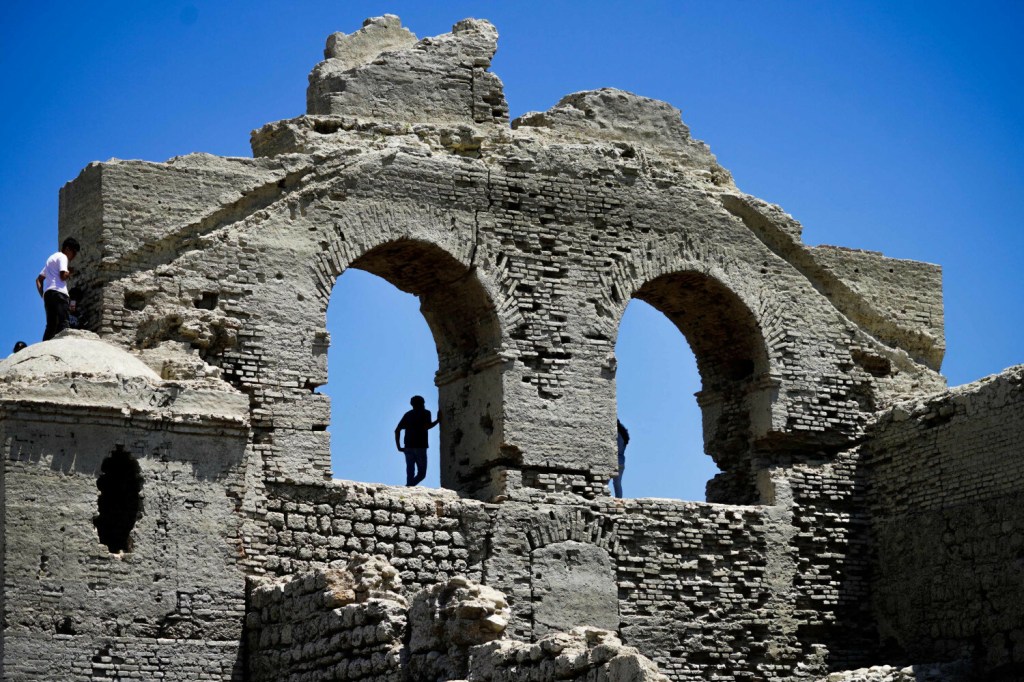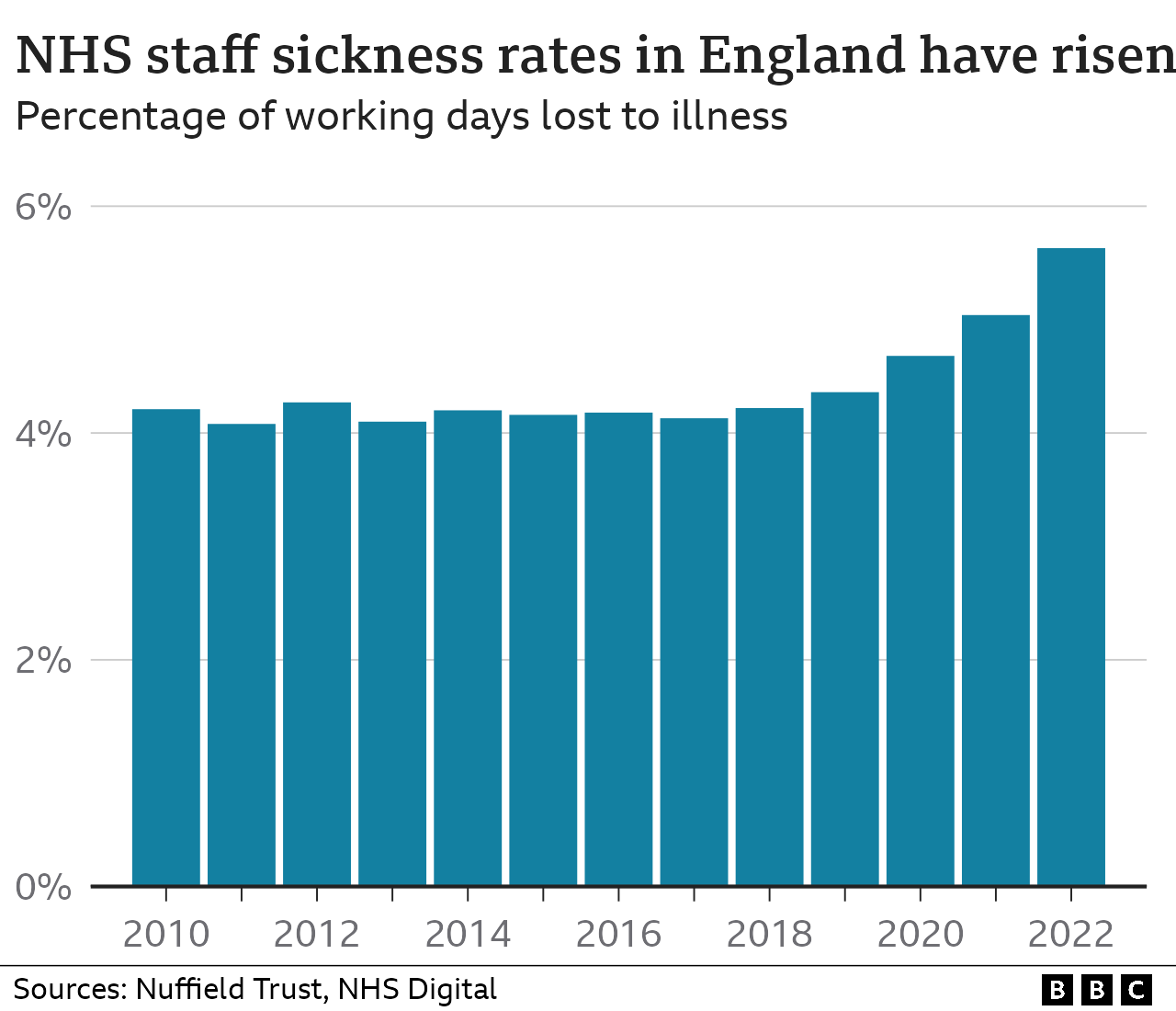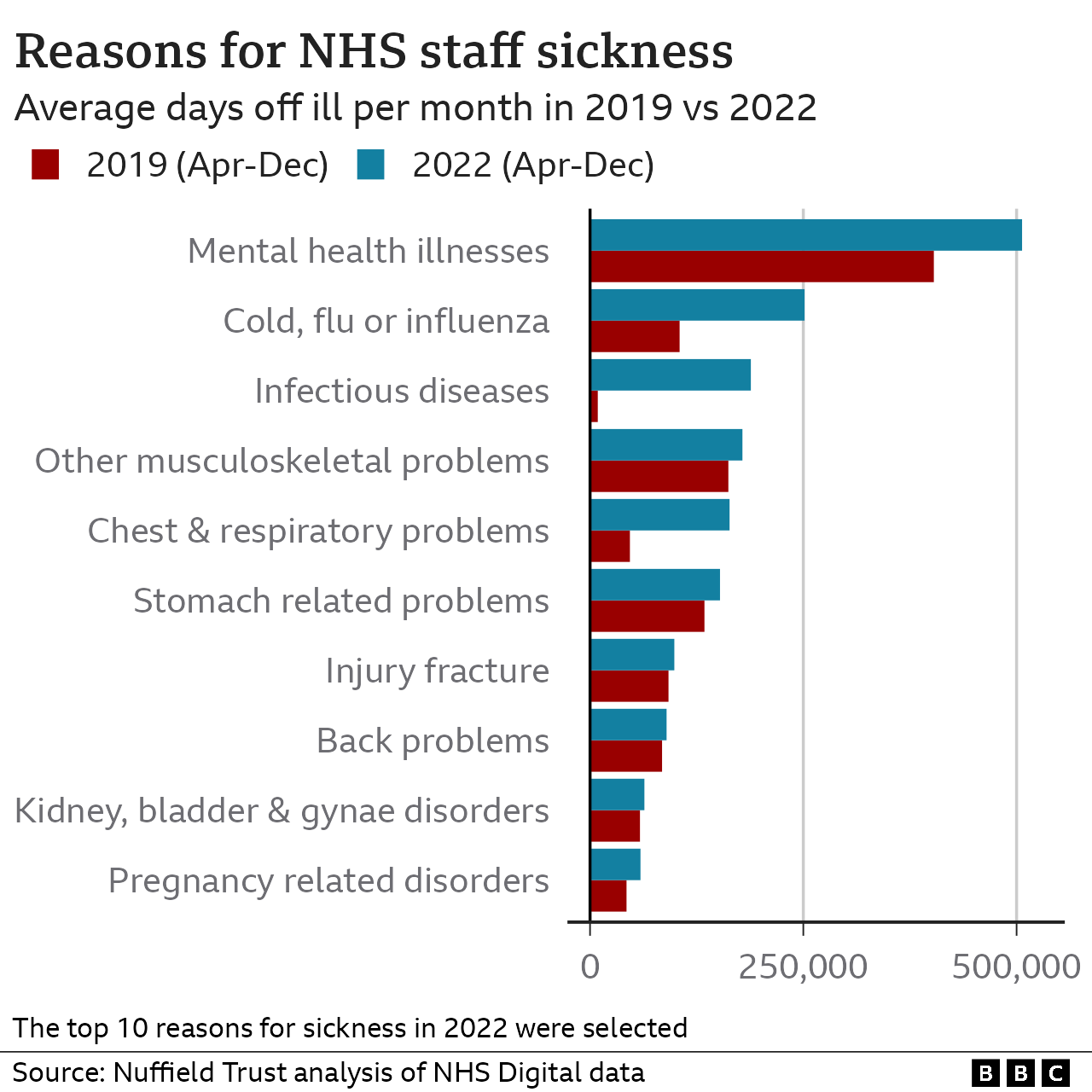Canada wildfire season declared worst on record
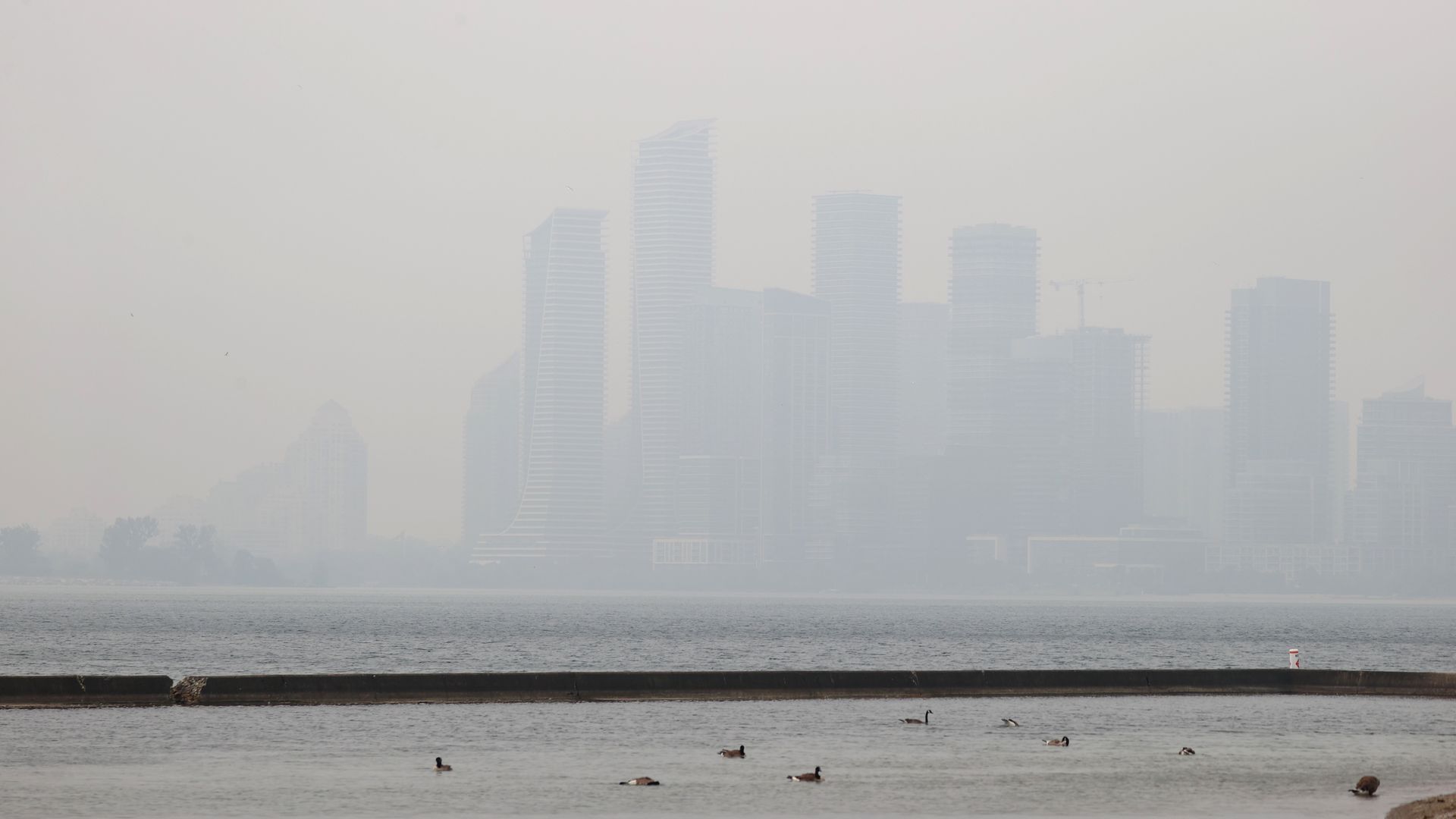
Smoke from northeastern Ontario and central western Quebec wildfires creates a haze across the skyline in Toronto, Ontario, on Wednesday. Photo: Mert Alper Dervis/Anadolu Agency via Getty Images
Firefighters in Canada are now battling 497 active wildfires across the country after 31 new blazes ignited, according to the latest data from the Canadian Interagency Forest Fire Centre.
The big picture: New figures show 3,023 fires have burned across some 19.7 million acres of land during what officials this week declared has been Canada's worst wildfire season on record.
- Smoke from the fires has triggered multiple air quality alerts in Canada and across the U.S. since the country's worst-ever fire season began in April.
- Chicago, D.C., and Detroit were among the latest cities to endure some of the world's worst air quality on Thursday morning.
Threat level: Inhaling high concentrations of wildfire smoke at ground level can cause serious health complications and is particularly dangerous for elderly populations and those with heart ailments or asthma.
- Wildfire smoke poses a threat to people's health even when hundreds of miles from the fire sites because of its harmful microscopic particles, studies show.
Context: Multiple studies show human-caused climate change is a key driver behind increased wildfire risk and that heat waves are more likely to occur, be more intense and last longer due to this.
Go deeper: Canada's wildfire smoke emissions break records
Smoke from historic Canadian wildfires again triggers air alerts across U.S.

A person wearing a mask while riding a scooter as a smokey haze fills the air in downtown Chicago on June 28. Photo:Scott Olson/Getty Images
Smoke from unprecedented wildfires in Canada triggered poor air quality alerts over swaths of the U.S. again on Wednesday, with multiple cities reporting some of the worst air pollution levels of any major city around the world.
The latest: While continuing to choke the Great Lakes region and the upper Midwest Wednesday, the low-lying smoke also drifted southeast and began affecting Ohio Valley and Mid-Atlantic cities.
- Canadian cities, too, were also greatly affected by the smoke, with Toronto reporting the worst air quality for major cities around the world on Wednesday, according to Swiss air technology company IQAir.
Why it matters: Smoke from unprecedented Canadian wildfires, which have been exacerbated by human-caused climate change and global warming, has repeatedly choked North American cities this summer, and additional rounds of smoke may follow.
- Canada is experiencing its worst wildfire season on record, driven by extreme heat events and exacerbating drought conditions, according to data from the Canadian Interagency Forest Fire Center (CIFFC).
- Because of their size, locations and behavior, the fires are not expected to be extinguished anytime soon either by firefighters or a major shift in weather conditions until after summer ends, Axios' Andrew Freedman reports.
Threat level: Inhaling wildfire smoke when its present in high concentrations at ground level can cause serious health complications and is especially dangerous for elderly populations and people with heart ailments or asthma.
- An air quality action day was declared for all of northeast Illinois and northwest Indiana for Wednesday, meaning fine particulate matter and other pollutants could build to unhealthy levels in the outdoor air.
- Air quality alerts across the Upper Midwest are expected to remain in effect until Thursday, according to the National Weather Service.
By the numbers: Chicago had the second worst air quality for major cities around the world Wednesday with a 181 — or a code red — on the Air Quality Index (AQI), which is considered dangerous for sensitive groups.
- Detroit and Minneapolis followed with the second and third worst levels, respectively.
- Cleveland, which wasn't included in IQAir's ranking system, had an AQI of 238 on Wednesday afternoon, which is considered dangerous for all people.
- An Environmental Protection Agency monitor near Chippewa Lake, Ohio, was reporting an AQI of 309, which is a code Maroon — the highest alert level of the index.
Zoom in: The Cleveland skyline couldn't be seen from live cameras positioned just a few miles from the shore on Wednesday, while visibility at the city's international airport fell to 1.25 miles multiple times throughout the day.
- A slight haze and the smell of smoke were present in Washington, D.C. Wednesday, where air quality fell to levels unhealthy to sensitive groups of people.
- The smoke caused a thick haze in downtown Chicago on Tuesday and Wednesday, reducing visibility at Chicago-O'Hare International Airport to 1.25 miles for several hours on both days.
The big picture: Winds have also carried the smoke across the Atlantic Ocean over to Europe, where the sun was partially shrouded in areas of Portugal and Spain on Tuesday.
- 476 wildfires were burning across Canada on Wednesday, including 234 out-of-control fires.
- On Tuesday, CIFFC reported that 2,957 fires this season have burnt 19.3 million acres (7.8 million hectares) in in Canada, which is an area equivalent to all of Michigan's forest land.
- The reported total number of fires jumped to 2,988 by Wednesday, while the burned acreage went up to around 19.8 million acres (8 million hectares).
Go deeper: Heatwave affects 45 million people from Southwest to Miss. Valley
